Medical expert of the article
New publications
Fruits and berries when breastfeeding
Last reviewed: 04.07.2025

All iLive content is medically reviewed or fact checked to ensure as much factual accuracy as possible.
We have strict sourcing guidelines and only link to reputable media sites, academic research institutions and, whenever possible, medically peer reviewed studies. Note that the numbers in parentheses ([1], [2], etc.) are clickable links to these studies.
If you feel that any of our content is inaccurate, out-of-date, or otherwise questionable, please select it and press Ctrl + Enter.
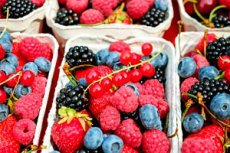
Fruits and berries during breastfeeding are a prerequisite for proper nutrition of every mother during lactation. It is very important that the main vitamins are constantly supplied to the metabolism of the female body from medicines, and from fresh products. There are fruits that are especially useful during breastfeeding, and there are those that can cause adverse reactions in the child, so you need to be responsible when choosing products.
Benefits and possible harm of fruits during breastfeeding
When you are breastfeeding, you need to be more careful about your diet than during pregnancy. As many mothers know, one of the most important goals during breastfeeding is normal lactation and adequate milk supply. A proper and healthy diet is very desirable, as it has a direct impact on the composition of mother's milk. Although the diet of a nursing mother is to ensure sufficient quality and quantity of milk, there are some foods that should be avoided. After all, there is a chance that your baby may become ill or develop allergic conditions due to an improper diet. Nursing mothers should aim for a balanced diet of carbohydrates, proteins and fats, as well as a wide variety of fruits and vegetables in order to get the necessary nutrients that she and her baby need.
Fruits should be in every mother’s diet. They are a source of important dietary fiber, minerals, and antioxidants. Compared to regular women, nursing mothers have a slightly higher need for vitamins and healthy foods, as they must be passed on to the baby with milk. Doctors usually advise breastfeeding mothers to include at least 500 grams of fruits in their daily diet, as fruits are rich in vitamins A, E, C, calcium, iron, magnesium, zinc, and other elements. Half of the serving of these fruits should contain a high amount of vitamin C and folate, and the other half should definitely include vitamin A. Fruits help provide additional nutrition to your baby. However, not all fruits have such benefits, especially when consumed frequently in higher than required amounts.
What fruits are recommended and which are not recommended during breastfeeding? The main fruits that are allowed for almost everyone are seasonal, local natural products. But do not forget about the possible reaction of your child to citrus fruits, as they can cause an upset stomach in your child. Highly allergenic food sources, such as raspberries and strawberries, can be transferred to breast milk, which can increase the chance of your child developing an allergy to food in the future. Therefore, you should use only hypoallergenic vegetables and fruits during lactation, of course, taking into account individual characteristics. First of all, you need to start adding to the diet those nutrients that grow in the area where the mother lives. They are considered more adapted to digestion, and also less allergenic.
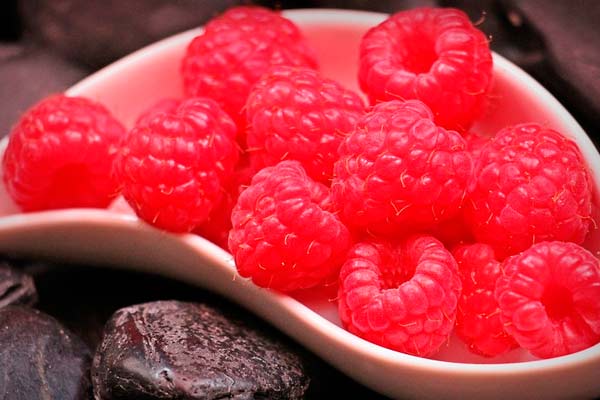
Fresh fruits have their own advantages when feeding, since it is in this form that they contain a huge amount of nutrients.
Fruits allowed during breastfeeding in the first month are a more limited list, since it is at this time that errors in the mother's diet can cause colic in the child. In the first month of life, the newborn's intestines continue to form, so some fruits can cause increased fermentation or gas formation. Fruits allowed during breastfeeding in the second month already include some seasonal berries - watermelon, melon, as well as mango, blueberries. In any case, when forming a diet, you must first study the benefits and possible reactions to all fruits.
List of fruits during breastfeeding
There are some fruits that should be avoided while breastfeeding.
- Citrus fruits are one of the most popular fruits. However, citrus fruits and their juices should be avoided, at least in the first months of the baby's life.
Citrus fruits include fruits like orange, lemon, kiwi fruit, pineapple. In most cases, citrus fruits give a tangy taste to your breast milk. Some babies may object to the taste and become fussy while consuming it. Sometimes, your baby may also develop a rash as a result of citrus getting into the milk. There may be a citrus allergy.
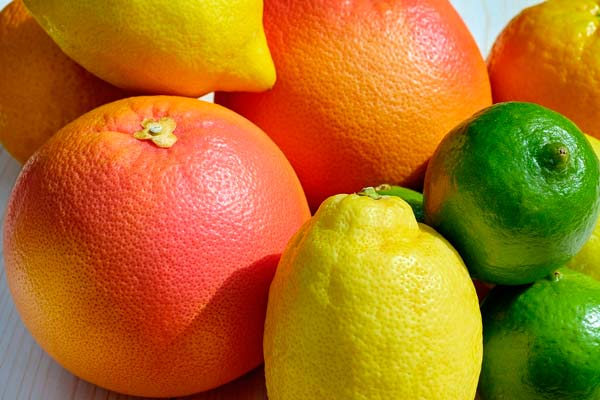
But there are individual characteristics, in which most mothers can eat citrus fruits without any problems during lactation. In fact, citrus fruits are great for nursing mothers, either as a snack or as part of a meal, as they are full of vitamin C. Therefore, a nursing mother can eat tangerines, lemon and pineapple with great caution and in small quantities, and if there is no reaction, then you can allow yourself such pleasure no more than twice a week.
- Apart from citrus fruits, make sure you do not consume cherries or prunes. Cherries can sometimes cause colic problems for your baby.
There is one fruit that can replace all the vitamins found in citrus fruits, and it is great for nursing mothers – papaya.
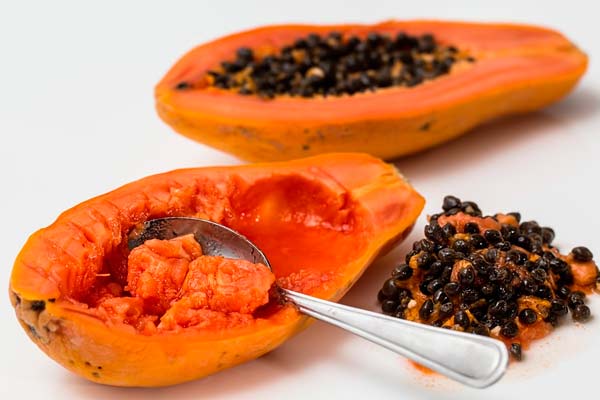
Fresh and ripe papaya is one of the richest sources of vitamin C. One cup of sliced ripe papaya (about 140 grams) provides about 144% of the daily recommended intake of vitamin C for adults. This is more than what an orange provides. Vitamin C is an immunoactive agent. It is also a powerful anti-inflammatory. Vitamin A and flavonoids are also found in papaya. One cup of sliced ripe papaya provides about 31% of the daily recommended intake of vitamin A for adults. This vitamin maintains healthy mucous membranes, skin and is vital for healthy vision.
Papaya contains enzymes that help reduce inflammation, and a mother after a difficult birth can benefit from these anti-inflammatory effects. It promotes healing and prevents infections, and has agents that help prevent arthritis, macular degeneration, and some cancers.
The vitamins and antioxidants in papaya help prevent the oxidation of cholesterol. Therefore, it prevents the formation of cholesterol in the blood vessels. Papaya also contains folate, which is necessary in some biochemical processes that prevent damage to blood vessels. Papaya is also a good source of potassium. This mineral helps regulate heart rate and blood pressure, improving muscle and kidney function. It also reduces blood clotting and helps open blood vessels. Therefore, it promotes a healthy circulatory system and reduces the risk of heart disease.
Papaya is a low-calorie fruit and does not contain cholesterol, so papaya is a great snack. It helps maintain a diet and not gain excess weight. Papaya has a detoxifying effect and burns fat.
Green papaya (unripe) and ripe papaya differ in taste and nutritional value. Green papaya is soft but seems to be more lactogenic.
Can a nursing mother eat plums? Plums are fruits with a high content of vitamin A, C, and potassium. Plums may contain chemical phytoestrogens, which are similar in action to female hormones. These substances have a positive effect on lactation, just like female hormones. In addition, plums contain a lot of fiber and have laxative properties when they enter the intestines, so it is recommended to use them if the child has constipation.
Figs are a high-calorie fruit, which is good for lactating mothers to restore the calories they burn while breastfeeding (about 5,000 calories are burned per day by feeding). Figs also contain a lot of fiber, which will help mothers prevent constipation. Therefore, a nursing mother can eat figs as dried fruit in small quantities, since they still contain a lot of glucose. Several dried figs will help restore the need for sugar, which may be limited when feeding. A nursing mother can also eat dates, but no more than four pieces per day.
Can a nursing mother eat persimmon? Persimmon is a source of essential acids and antioxidants. Persimmon perfectly maintains glucose and cholesterol levels, affecting their metabolism and absorption. It contains a lot of dietary fiber and has low allergenicity.
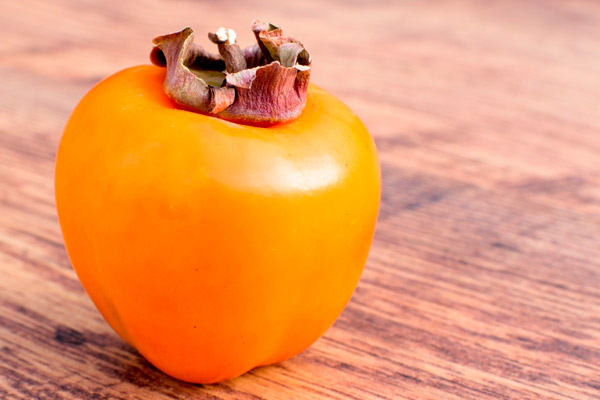
Strawberries are a seasonal berry that contains iron, magnesium, and zinc. In addition, strawberries have a high water content, which helps with hydration.
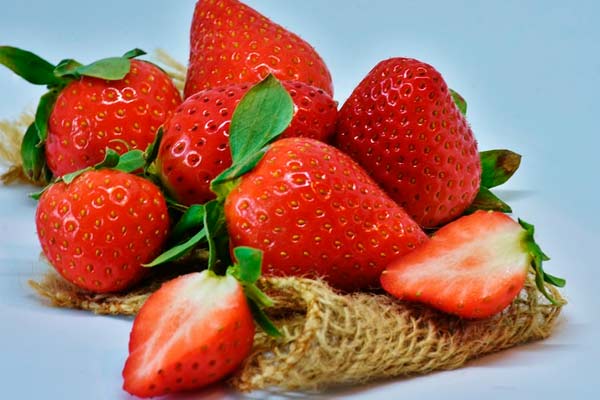
Can a nursing mother eat bananas? Banana is the main source of potassium for the mother and baby. Potassium is very important for pregnant women, but maintaining high potassium levels is still crucial during lactation. Normal potassium levels will help you maintain fluid and electrolyte balance. One banana contains about 450 milligrams of potassium. If you need to increase the amount of folate with anemia, bananas are also rich in this vitamin. Bananas are very good at satisfying the appetite, so a mother can eat bananas without any particular concerns.
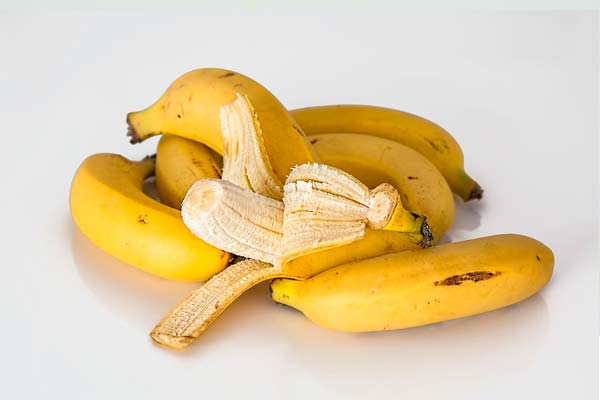
Apples are a universal fruit that can be eaten in large quantities during lactation. Its main advantage is that it is a regional fruit.

Apples contain a large amount of dietary fiber. Fiber is a part of food that cannot be broken down by the digestive system. As a result, it helps to form normal digestive processes not only in the mother, but also in the newborn. Fiber facilitates the removal of stool, therefore preventing constipation. Dietary fiber in apples also helps regulate blood glucose levels, as well as insulin and lipid levels. In addition, apples have a low sugar content, which is an excellent nutritional option for mothers with diabetes. Can a nursing mother eat pomegranate? Despite the fact that pomegranate is a red fruit, it rarely causes allergies. Therefore, pomegranate can be consumed, especially if the mother or newborn has anemia.
A nursing mother can eat kiwi and pears if there are no problems with the baby's stool. Although these fruits contain a large number of nutrients, they can cause colic and constipation.
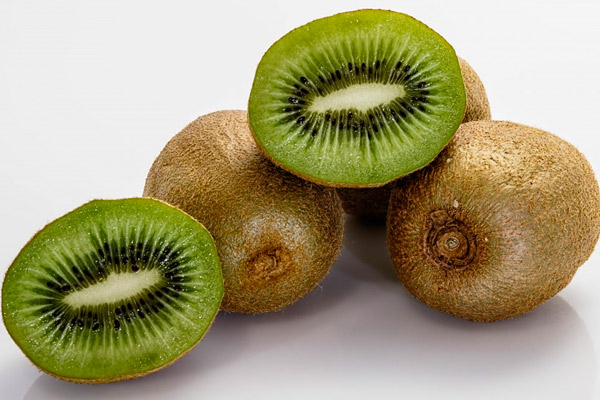
Can you eat watermelon while breastfeeding? This berry has the ability to retain water in the body and cause fermentation. Therefore, it is not recommended to eat watermelon in the early period, but when the child gets older and is not at risk of colic, then a small piece can be eaten.
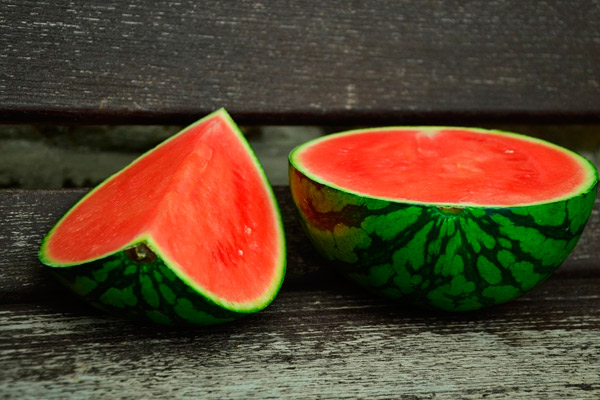
Grapes are a fruit that contains a lot of glucose, which can cause fermentation in a child. Therefore, it is not advisable for a nursing mother to eat grapes.
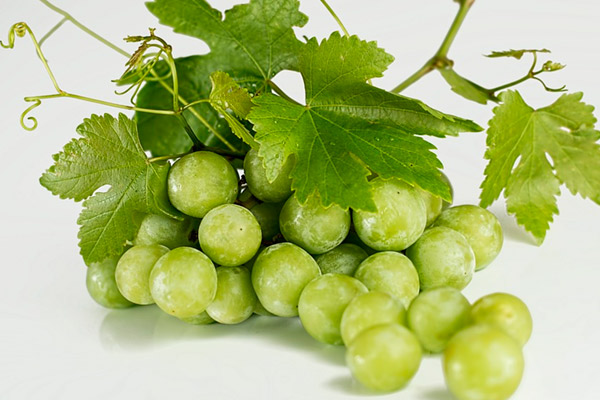
These are the main recommendations on the use, benefits and harm of certain fruits for a mother during lactation. This must be taken into account, and if the child has problems with digestion or there are manifestations of allergies, then the diet must be adjusted.

